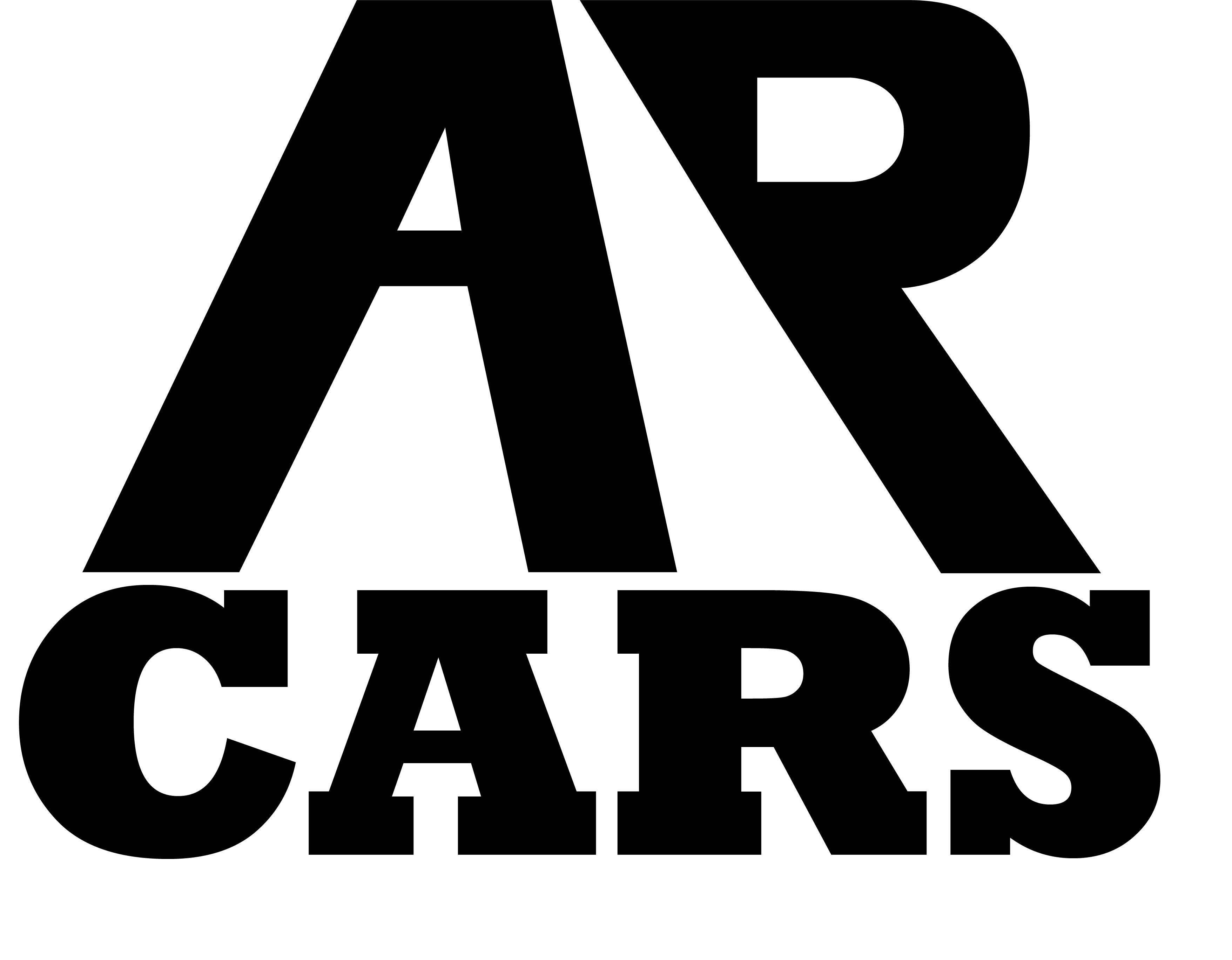
BMW N47 Engine and the Notorious Timing Chain
The BMW N47 engine is well-regarded for its performance and efficiency, but it comes with a well-known Achilles’ heel—the timing chain.
The Rattle That Started It All
Recently, I had a client bring in their BMW, complaining about a distinct rattle emanating from the engine. As any BMW technician will tell you, that sound is often a telltale sign that the timing chain is on its way out.
Diagnosing the Problem
The client’s concerns were valid. After a quick inspection and a test drive, it was clear that the timing chain needed to be replaced. This is a critical job—if the timing chain fails, it can lead to severe engine damage. Knowing the potential consequences, I made sure to explain the situation to the client, outlining the necessary steps to rectify the issue and get their vehicle back on the road.

Preparing for the Repair
Before diving into the repair, preparation is key. For a job of this magnitude, having the right tools is essential. I gathered everything needed: a full timing chain kit, a BMW-specific timing tool set, and the usual array of sockets, wrenches, and torque tools. Each component plays a crucial role in ensuring the engine runs smoothly once the repair is complete.
I also took the time to review the vehicle’s service history, confirming there were no other underlying issues that could complicate the repair. With everything set, I was ready to begin the work.
Accessing the Timing Chain
The first step was to gain access to the timing chain itself, which is no small task on the N47 engine. This requires removing several components, including the engine cover, air intake system, and auxiliary belts. Once these were out of the way, I drained the engine oil and coolant to prevent any potential mess during the repair process.
Removing the valve cover revealed the timing chain. At this point, it was clear that the chain had significant slack and needed to be replaced immediately.

Setting the Engine Timing
Ensuring the engine timing is set correctly is critical in this repair. Using the BMW timing tool kit, I locked the camshafts in place and aligned the crankshaft to the correct position. This step is crucial—improper timing can lead to poor engine performance or, worse, engine damage.
Once the timing was locked in, I removed the old timing chain along with its guides and tensioner. I took this opportunity to inspect the sprockets and other related components for any signs of wear. Fortunately, the sprockets were still in good condition, but the chain guides showed significant wear, so they were replaced along with the chain.

Installing the New Timing Chain
With everything inspected and ready, I installed the new timing chain. This involves carefully routing the chain around the camshaft and crankshaft sprockets and securing the new guides and tensioner. Everything was then torqued to the manufacturer’s specifications to ensure optimal performance and longevity.

Reassembling the Engine
Reassembling the engine is a meticulous process. Every component removed during disassembly had to be reinstalled correctly. I replaced the valve cover, reattached the auxiliary belts, and reconnected the air intake system. Finally, I refilled the engine with fresh oil and coolant.
Before starting the engine, I manually rotated the crankshaft a few times to ensure everything was moving freely and that the timing was still correct.

Testing and Final Inspection
Once everything was back together, it was time to start the engine. The car started smoothly, and more importantly, the ominous rattle was gone. I let the engine idle for a while to check for any leaks or unusual noises. Satisfied that everything was in order, I took the car for a test drive to ensure the repair was successful.
The vehicle performed flawlessly on the road. The client’s BMW was back to running as it should, with the timing chain issue fully resolved.
Conclusion
Replacing the timing chain on a BMW N47 engine is a complex and time-consuming job, but it’s one that pays off in the long run. For clients, it means peace of mind knowing their engine is protected from potential failure. For me, it’s a rewarding task that underscores the importance of quality workmanship and attention to detail. When done correctly, this repair can extend the life of the engine and keep the vehicle running smoothly for years to come.
If you have this issue or any other problem you can count on us at AR CARS.
Our adress




Leave a Reply